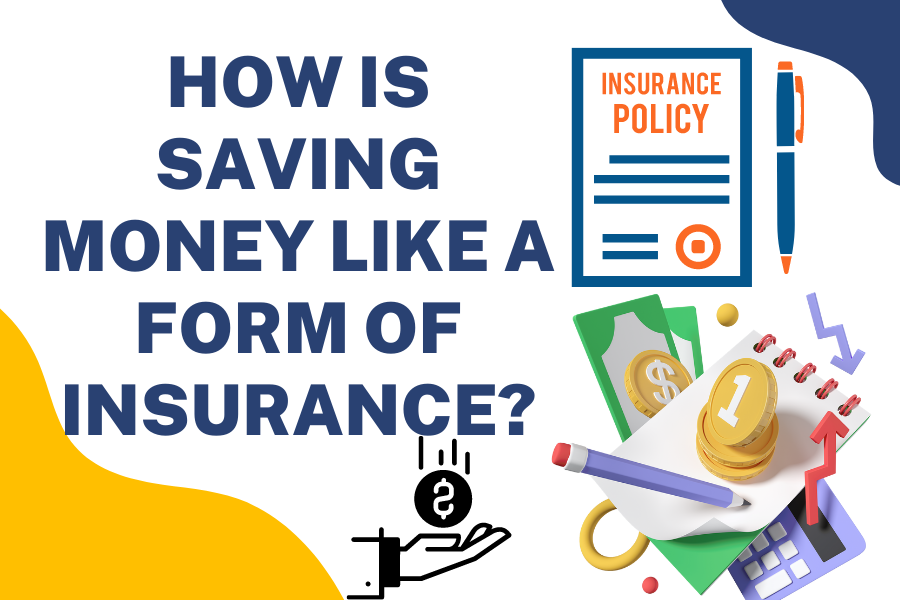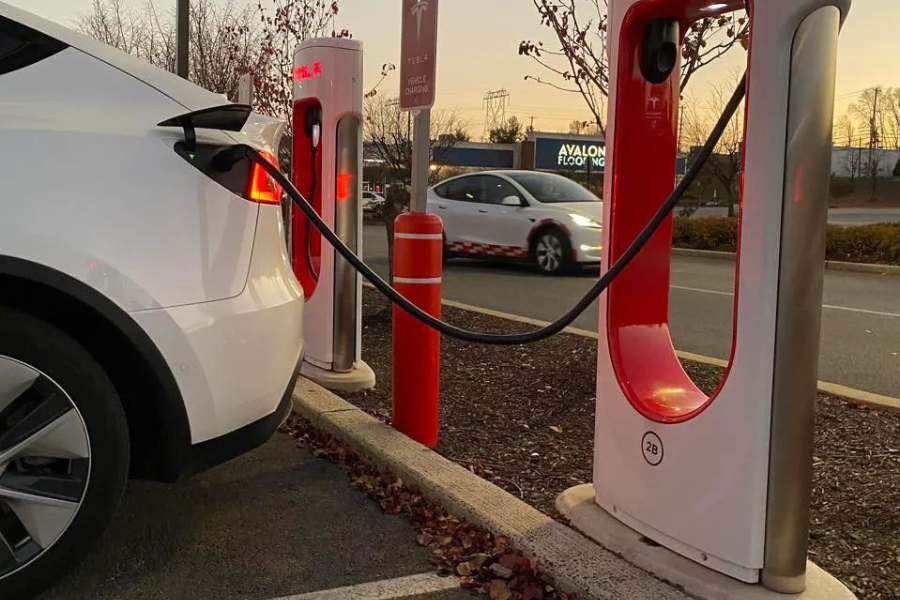Financial security is a top priority for individuals and families in today’s uncertain world. Many people consider insurance as a safety net to protect themselves and their loved ones in times of need. But have you ever thought about how saving money is also like a form of insurance?
In this article, we will delve into the fascinating concept of how saving money can offer a safety buffer, just like insurance, to safeguard against unexpected expenses and secure a stable financial future. So, let’s explore this intriguing connection and learn how to maximize your savings to attain financial freedom.
How is the Saving Money Related to Insurance?
Saving money and insurance may seem unrelated, but they share several fundamental similarities that make them interconnected. Both concepts revolve around mitigating risk and providing protection. Here’s a closer look at how saving money is akin to having an insurance policy:

1) Building Financial Resilience
Just like insurance provides a safety net in times of crisis, saving money offers financial resilience. Having a substantial savings cushion allows you to navigate unexpected challenges, such as medical emergencies, car repairs, or sudden job loss, without plunging into debt or financial distress.
2) Protecting Against Uncertainties
Insurance shields you from unpredictable events, and saving money does the same. By accumulating savings, you create a shield against uncertainties, enabling you to maintain your lifestyle and meet essential expenses during turbulent times.
3) Peace of Mind
Having insurance coverage brings peace of mind, knowing that you’re protected. Similarly, having a robust savings fund provides peace of mind, knowing you have a financial backup to weather life’s storms.
4) Long-Term Financial Goals
Just as insurance supports your long-term financial goals, saving money is essential for achieving milestones like buying a home, funding education, or retiring comfortably.
5) Emergency Fund
Insurance acts as an emergency fund in dire situations, covering unforeseen expenses. Likewise, saving money serves as your personal emergency fund, ready to address urgent needs without borrowing or relying on credit.
6) Compound Interest
Saving money in interest-earning accounts or investments can lead to compound growth over time. Similar to insurance accruing benefits, compound interest helps grow your savings substantially.
7) Diversification of Assets
Insurance portfolios are diversified to mitigate risk, and diversifying your savings through various financial instruments can also minimize exposure to market volatility.
8) Protection from Debt
Insurance prevents overwhelming debt, and saving money acts as a financial safety net to avoid borrowing in times of financial strain.
9) Self-Reliance
Insurance grants a sense of self-reliance, as does having significant savings, as you’re less dependent on external financial support during tough times.
10) Legacy Planning
Like insurance, savings can play a role in legacy planning, ensuring financial security for your loved ones.
The Power of Saving Money and Insurance Combined
While saving money and insurance are valuable individually, harnessing their power together can lead to an even stronger financial foundation. Let’s explore how you can combine the two:
1) Smart Insurance Choices
Having ample savings can influence your insurance choices. With a robust emergency fund, you may opt for higher deductibles or lower premiums, saving you money in the long run.
2) Health Savings Accounts (HSAs)
Pairing a high-deductible health insurance plan with an HSA allows you to save pre-tax money for medical expenses. This strategy can lead to significant savings on healthcare costs.
3) Long-Term Care Insurance
Using part of your savings to invest in long-term care insurance can protect your assets from the high costs of medical or custodial care in the future.
4) Property Insurance Deductibles
A well-funded savings account can support you in choosing higher deductibles for property insurance policies, leading to lower premiums.
5) Emergency Savings for Job Changes
Having substantial savings can give you the confidence to consider career changes or entrepreneurial ventures without immediate financial worries.
6) Avoiding Credit Card Debt
By maintaining an emergency fund, you can avoid relying on credit cards for unexpected expenses, thus avoiding high-interest debt.
While saving money and having insurance are essential, they serve different purposes. Saving money offers a personal safety net for emergencies and financial goals, while insurance protects against specific risks and events.
Financial experts recommend saving at least three to six months’ worth of living expenses in an emergency fund. This buffer can help cover essential expenses in unexpected situations, such as job loss or medical emergencies.
Yes, investing your savings wisely can lead to higher returns than traditional savings accounts. However, it comes with higher risks, so it’s crucial to understand your risk tolerance and consult a financial advisor.
Saving money is the foundation for achieving long-term financial goals. Whether it’s buying a home, starting a business, or retiring comfortably, having a healthy savings habit is essential.
It’s advisable to balance paying off debt and saving money. Start with high-interest debt and work on creating an emergency fund simultaneously to avoid financial strain during debt repayment.
While insurance provides valuable protection, it may not cover all expenses during a crisis. Savings are an additional safety net, providing financial flexibility beyond insurance coverage.




